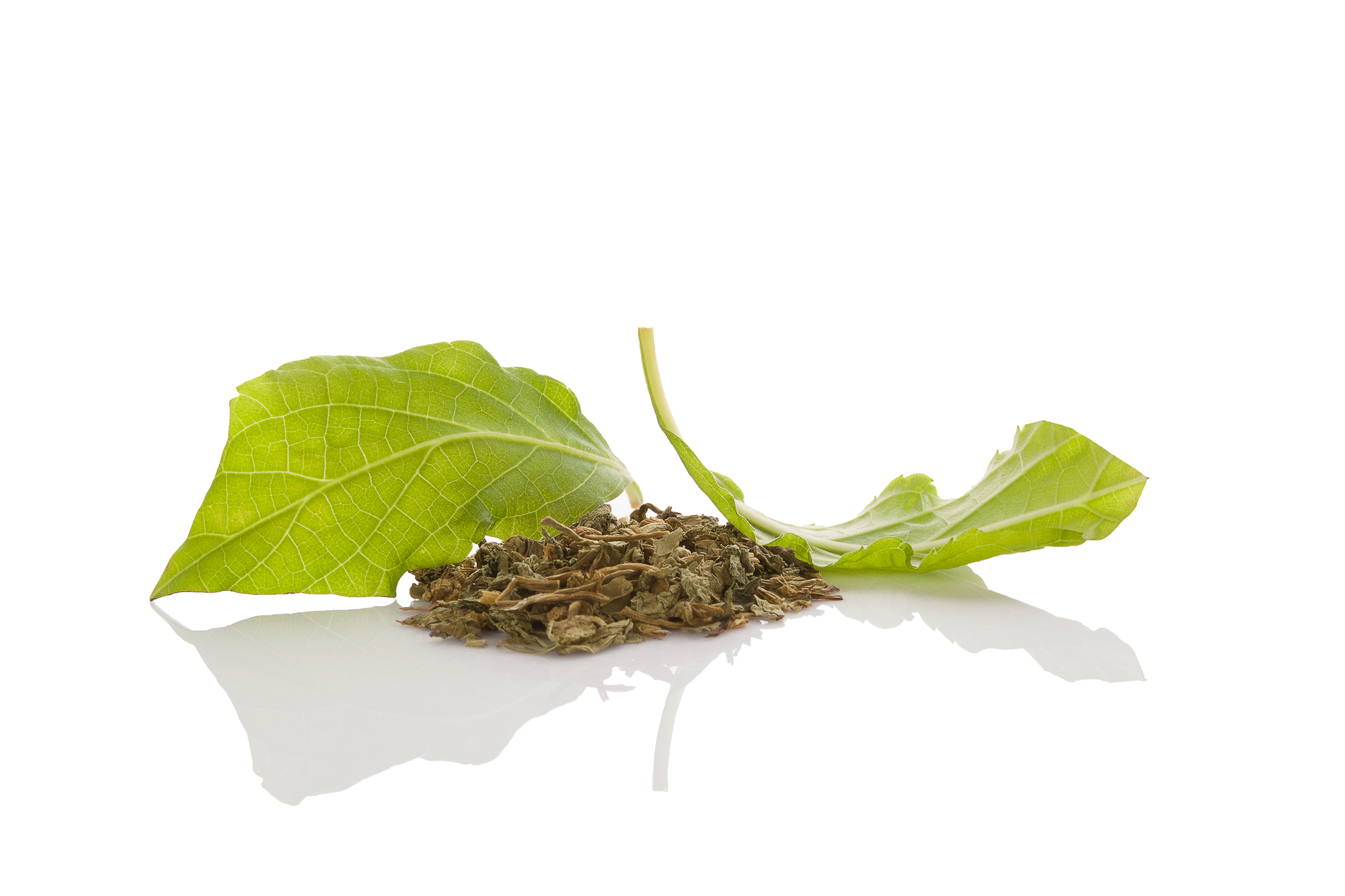When it comes to psychedelics and their legal classifications, there exists a realm beyond the Controlled Substances Act (CSA) that encompasses various substances. In a previous article, we delved into the legal status of amanita muscaria mushrooms. Now, let’s embark on a fresh exploration of another intriguing substance: salvia divinorum.
Salvia divinorum, historically utilized in religious ceremonies by indigenous groups, holds the status of a psychedelic substance. Recently, it has gained popularity as a smokable product sold in smoke shops. However, the legal standing of salvia divinorum has raised questions in several states. The Drug Enforcement Administration (DEA) describes it as “a perennial herb in the mint family that is abused for its hallucinogenic effects.” Its active compound, Salvinorin A, sets it apart from more widely recognized psychedelics like psilocybin, as it elicits relatively short-term effects. This distinction might account for the reduced scrutiny it has faced thus far. Remarkably, neither salvia divinorum nor Salvinorin A are currently scheduled under the CSA.
Nonetheless, it is essential to note that the absence of scheduling does not automatically confer legality upon salvia divinorum. The Food and Drug Administration (FDA) possesses the authority to take action against manufacturers or sellers of any product making unverified claims of medical benefits or effects. In such cases, the FDA may argue that the product qualifies as an unapproved new drug, subjecting it to severe penalties. The DEA’s information sheet on salvia divinorum vaguely alludes to this by stating, “Neither Salvia divinorum nor its active constituent Salvinorin A has an approved medical use in the United States.”
Even companies that refrain from making medical claims can encounter repercussions from the FDA if they sell products the agency deems “adulterated.” The FDA employs broad criteria to classify foods as adulterated, as outlined in their guidelines. Considering the FDA’s stance on cannabidiol (CBD) as an adulterant, it is plausible that a substance capable of inducing psychedelic experiences would be subjected to similar scrutiny.
One notable distinction between salvia divinorum and amanita muscaria lies in the array of state restrictions imposed on their use and sale. While only Louisiana is known to explicitly ban amanita muscaria, numerous states have implemented restrictions on salvia divinorum. Wikipedia provides a list of states with salvia divinorum restrictions, although the accuracy of the information cannot be guaranteed. Nonetheless, it is evident that salvia divinorum faces more scrutiny compared to amanita muscaria.


